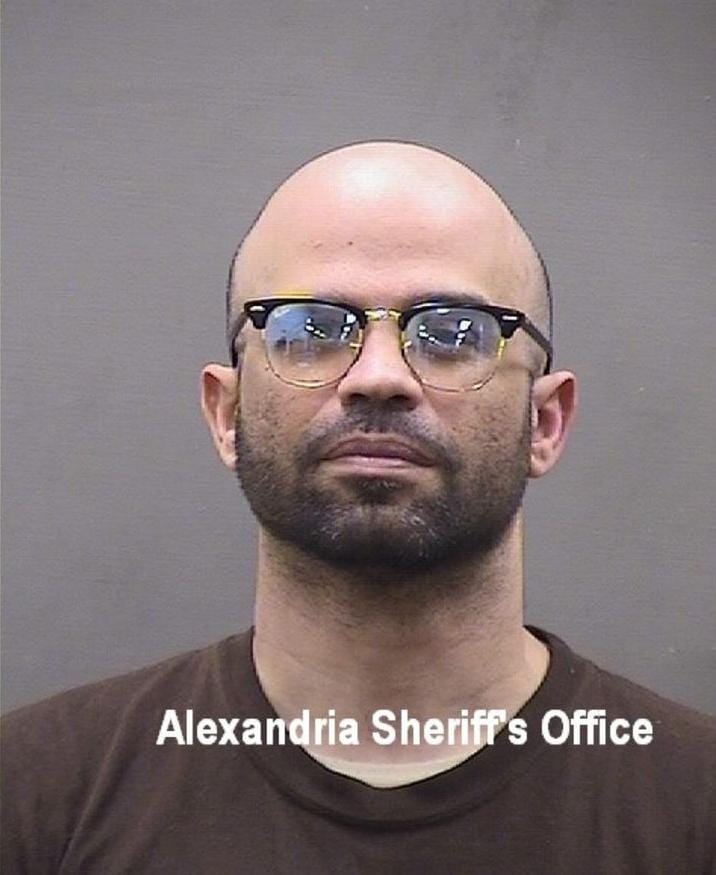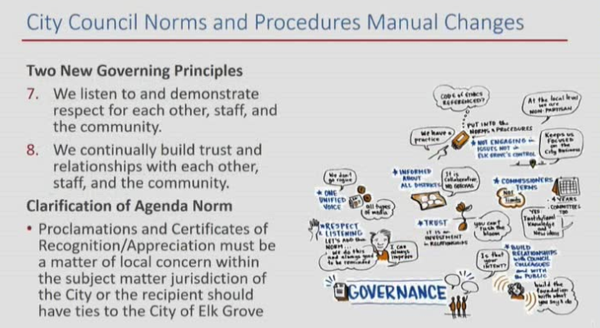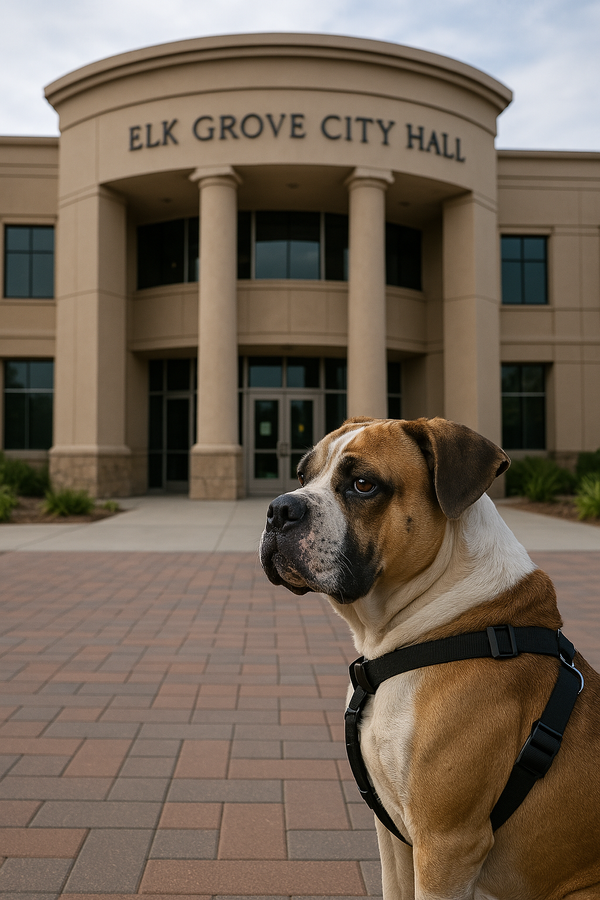The 19th century story ‘The Man Without a Country’ should be reintroduced to 21st century classroom instruction

Depending on when and where you received your primary education, you might not be familiar with the 19th-century story by Edward Everett Hale titled “The Man Without a Country.” Hale was an anti-slavery historian and minister born into a Brahim Boston family.
The story was published at the height of the Civil War in 1863 and was a rallying call for patriotism and preserving the United States. Sadly, an informal poll of people of various ages is unfamiliar with the piece.
For me, I can remember seeing an in-class movie on the story in the fourth or fifth grade in Michigan and then reading the story in a high school American literature class. The film was one of the educational films produced by Bell Labs or some other organization.
Even back in the mid-60s, the movie was somewhat dated. It could have been a government-sponsored movie produced in the 50s to propagandize Americans about the threat of Communism.
Whatever it was, it is a story that has stayed with me.
The fictional story is about a reckless U.S. Army officer, Phillip Nolan, who followed Aaron Burr and was arrested and tried for treason. After his conviction, Nolan said during his sentencing that he never wanted to hear about the United States.
“I wish I may never hear of the United States again!”
The judge granted his request, and Nolan was banished to U.S. Navy warships billets and never allowed to step foot (no land – get it, Nolan!) in the U.S. again. Also, Nolan never received any information – spoken or printed – about the United States.
Not surprisingly, Nolan regretted not only his treasonous act but also his renouncement. Only on his last days did Nolan hear a history of the previous 55 years in the United States.
This story came to mind when I saw a recent report of one of the January 6 treasonous conspirators, Enrique Tarrio (pictured above). For his act of treason – trying to obstruct the certification of the 2020 presidential election, Tarrio was sentenced to 22 years in federal prison.
Although his sentence is shorter than the fictional Nolan’s lifetime banishment, given the prospect he might even be pardoned, you have to wonder if Tarrio or others like Stewart Rhodes, who is serving 18 years think their treasonous acts were worthwhile. Those two and others will wonder about their attempt to subvert American democracy as they rot away in prison.
In the aftermath of the January 6 attempted coup d’etat, many have tried to rewrite history. This revision should not be allowed to happen.
One way we as a society can do this is by requiring an accurate history of this 21st century’s civil war to be included in classroom instruction. Of course, many states will resist this, but it is something that future generations need to understand.
Just like ‘The Man Without a Country’ was included in some curricula to instill the threat of Communism in the ’60s, much less its use during the Civil War, an updated version is needed for 21st-century American students. The importance of our institutions cannot be overstated.
Even if we as citizens don’t agree with everything the government does, which is our right and responsibility, we should teach future generations the importance of protecting our democratic principles and the free and open elections that are the foundation. Failure to do so will only incubate further destruction of the American democracy.



